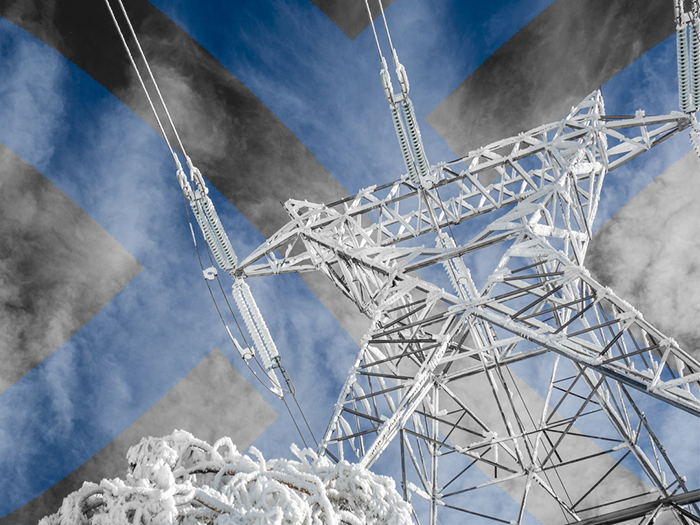Insights
better business decisions
Posted 2 years ago | 2 minute read

Fossil fuels “unreliable” during December’s freeze
A new report has found forced power outages in this winter’s extreme weather only added to “unreliability” in the fossil-fuel sector.
According to the report, published by the Institute for Energy Economics and Financial Analysis (IEEFA) on March 9, the forced power outages during this winter’s extreme weather added to the “unreliability” in the fossil-fuel sector. The report examines the performance problems of coal and gas generators in five areas: ERCOT, MISO, PJM Interconnection, the Tennessee Valley Authority (TVA), and Duke Energy’s North Carolina service territory.
During the peak of the Arctic blast in December, it found that more than 100,000MW of coal and gas-fired generation were offline, causing widespread outages and prompting first-of-a-kind rolling blackouts by TVA and Duke Energy.
Despite the substantial capacity payments paid by PJM to generators to be available at critical times, more than 32,500MW of gas and 7,600MW of coal capacity were offline at the height of the cold in PJM. In PJM, the failure to honor reliability commitments may cost coal and gas plant owners up to $2B in penalties. MISO fared almost as poorly, with 37,000MW of its coal and gas capacity offline at the peak. In ERCOT, even though the state directed generators to better winterize their generation plants after Winter Storm Uri in 2021, more than 14,000MW of thermal resources were offline during the storm’s peak. TVA counted roughly 8,000MW of coal and gas that were offline during the height of the event, including its largest coal plant, the 2,470MW Cumberland facility. Duke reported that almost 4,000MW of its fossil generation were unavailable when needed.
The Federal Energy Regulatory Commission (FERC) and the North American Electric Reliability Corporation (NERC) have launched a joint inquiry into the events surrounding the December freeze and the performance of the power system.





